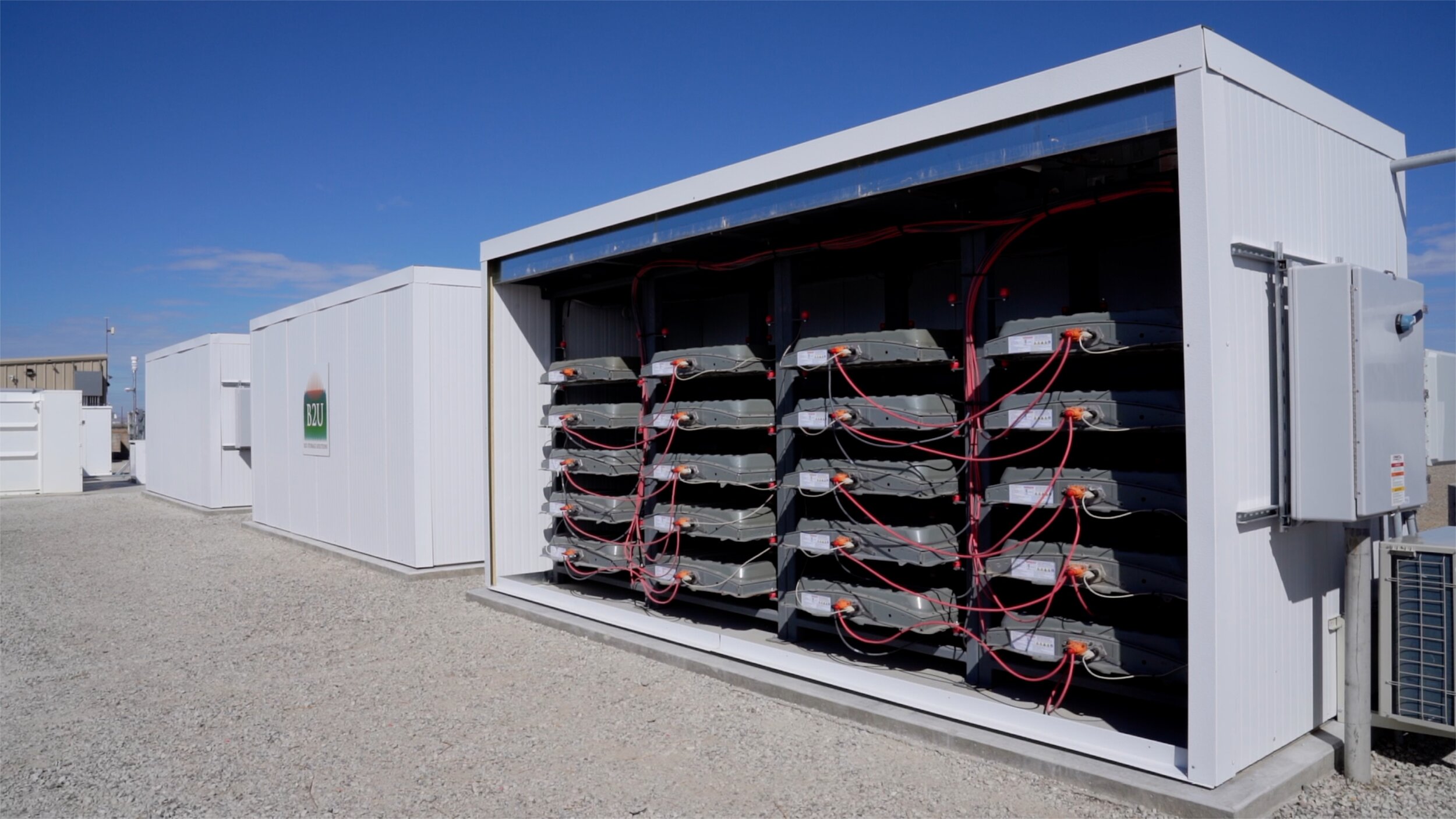This Southern California solar farm is using retired EV batteries for storing the power and then send to the grid when needed. This way the retired batteries can extend their usefulness for several…::A Southern California company is showing how repurposing EV batteries for stationary storage can extend their usefulness for several years.



Also since it’s in one place, you can build in detection and fire suppression measures.
Could be as simple as having the tools nearby (fire hydrant style), or as complex as automating the checks and suppression (cut off power, isolate the problem cells, spray em)
If these batteries are stable (ie only needs maintenance rarely) , is there a reason not to keep them in a closed, CO2 filled enclosure?
Lithium batteries can produce oxygen when at high temperature. I’m not sure if they would produce enough to be able to start burning in such conditions, but I wouldn’t rule it out (maybe someone better versed in chemistry knows). And once they start burning, the fire heats them up more, so they produce more oxygen, whch further fuels the fire.
I wouldn’t be as worried about oxygen, but more worried about properly sealing the container off as a water leak could cause the lithium in the battery’s to produce hydrogen.
But the odds off either happening are very slim.
Edit: the water has to come in contact with the lithium.
That would be cool, maybe cost to keep the CO2 levels maintained and leak proof? I’d be curious to learn more about CO2 filled enclosures. I think some rare books are kept in them?
Another alternative could be to flood the room with CO2 when an issue is detected. But I guess that’s just fire suppression again